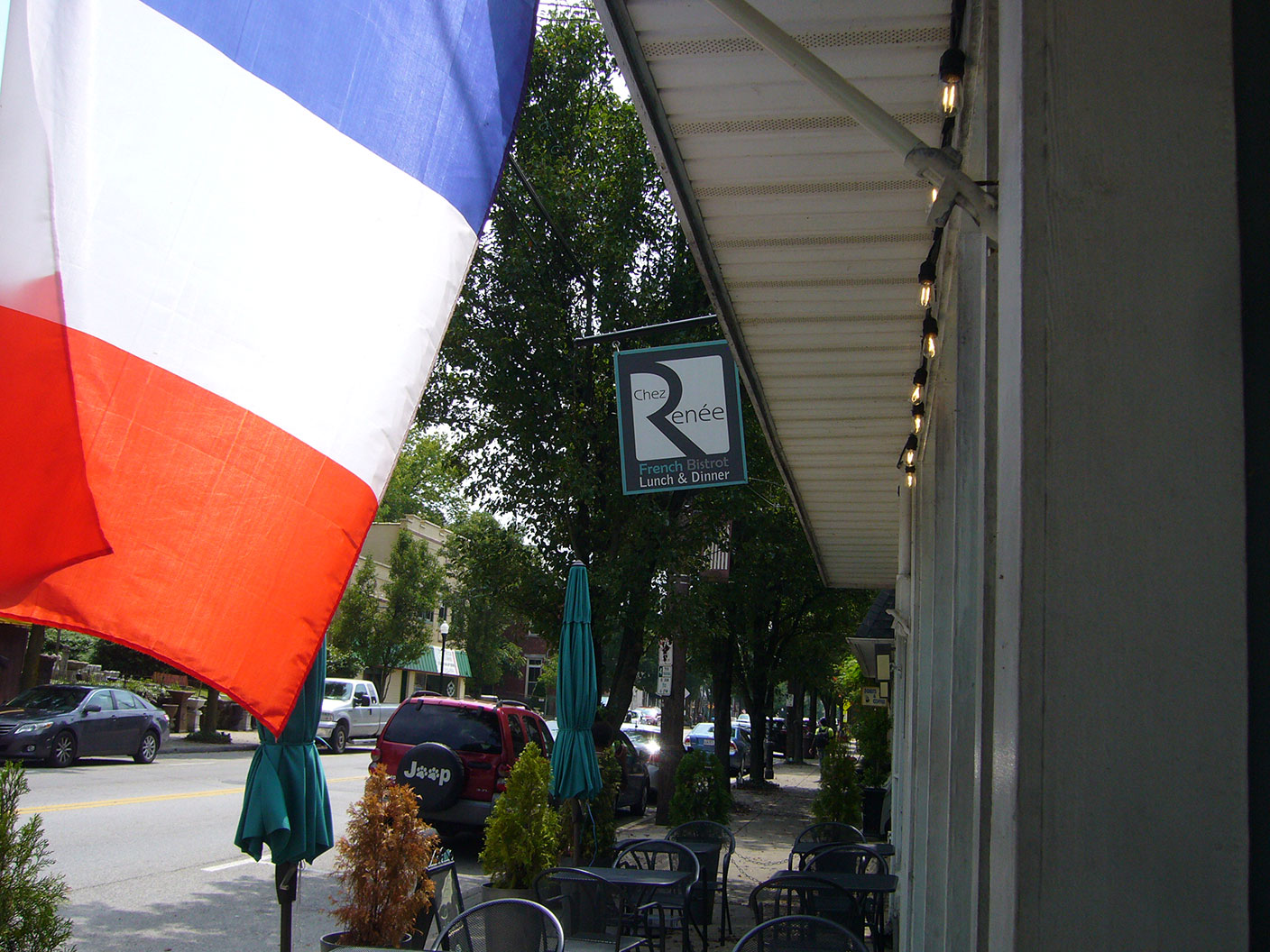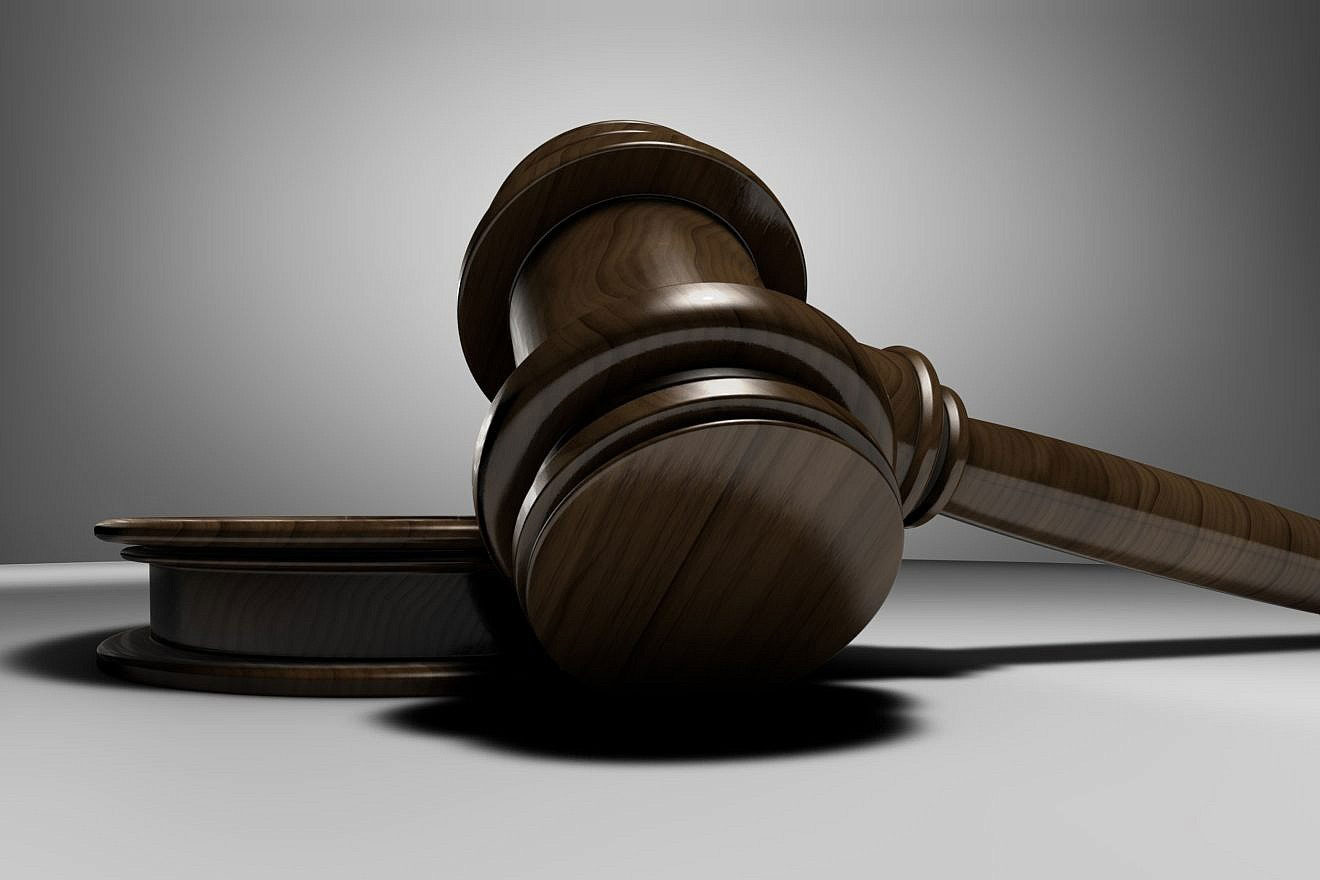By Rabbi Mark Washofsky
(MyJewishLearning) — The practice of medicine is a mitzvah, a fundamental religious obligation incumbent upon the Jewish people.
While this statement might strike us as obvious and unexceptional, the attitude it conveys is far from unanimous in Jewish tradition. The Torah never explicitly commands us to practice medicine, and some biblical passages are highly critical of physicians and those who resort to them. This negative attitude stems, in large part, from the fact that for much of its history, medical “science” was not far removed from the arts of black magic, which the Bible condemns in no uncertain terms.
Medical Practice as Mitzvah
Jewish law, however, understands the permission to practice medicine as a mitzvah, a requirement to do so. Some authorities derive this requirement from the general rule concerning the preservation of life, or pikuah nefesh. This rule itself is based upon Leviticus 18:5: “These are the mitzvot which one shall do and live by them,” to which the Rabbis add: “and not die by them.”
By this, they meant two things: that the performance of virtually any other mitzvah may be set aside if it is found to endanger life; and that the Torah itself sees the preservation of life as its highest goal, so that we are commanded to take all reasonable action, including the practice of medicine, necessary to protect our lives.
Others see medicine as an aspect of the duty to rescue those in danger: “Do not stand idly by the blood of your neighbor” (Lev. 19:16).
Whatever its textual source, the status of medicine as mitzvah is unquestioned in Jewish religious thought; “whoever delays its performance is guilty of shedding blood.”
Reprinted with permission from Jewish Living: A Guide to Contemporary Reform Practice.





